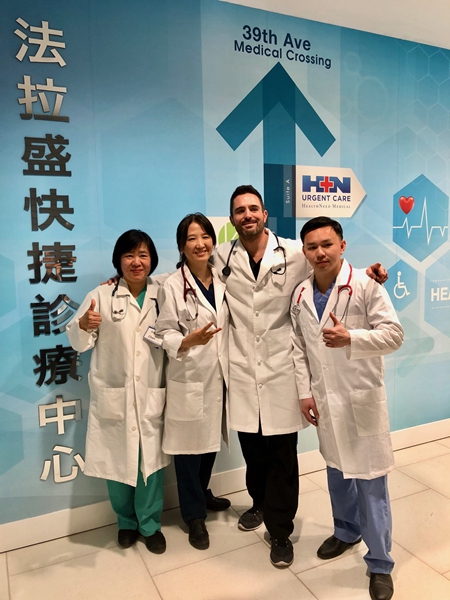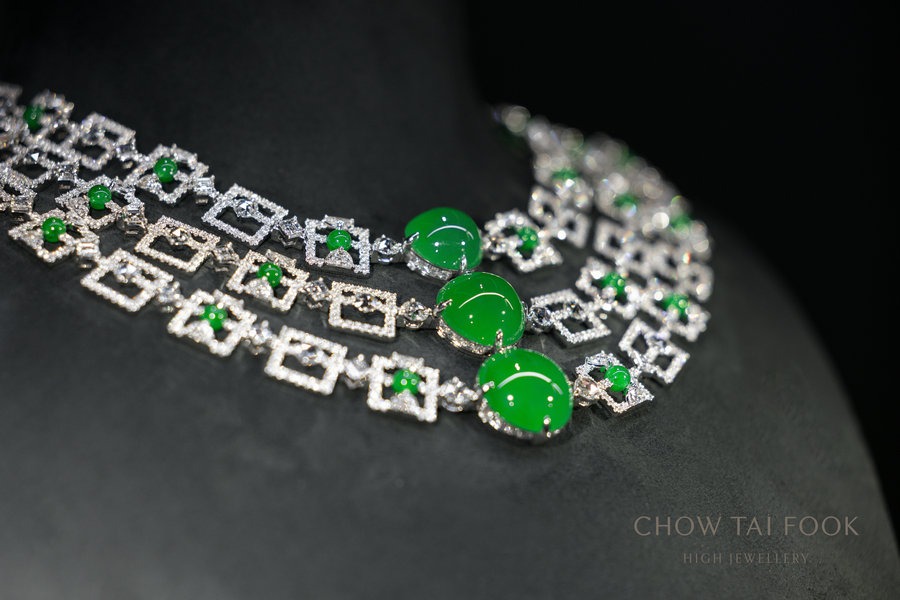THREE doctors, TWO countries, ONE enemy


"One time he saw several black body bags being carried out in quick succession from one apartment. There was a 108-year-old woman who had survived the Holocaust but died of COVID-19, a few days before her son, in his 60s, died. Her arm carried a serial number, a painful reminder of being a prisoner in a Nazi concentration camp."
Lack of effective quarantine caused the disease to spread, especially among people who lived with others in cramped spaces. Between mid-March and late April the sharp rise in infections was acutely felt, nowhere else more so than in the hospitals.
"Every morning I had to literally drag myself out of bed," Pang says.
"My body felt leaden, not because of exhaustion but because of sadness and helplessness that kept sinking into me."
Pang, who as a psychiatrist liaises between patients and their families and physicians, tells of a patient who needed to have a leg amputated because of severe clotting.
"Post-operation, his condition stabilized-at least we all believed so. We called his family to tell them of the progress, only to come back the next morning to find him gone forever.
"I've seen so many lives come to an abrupt end, so I've learned to rein in hope, if only to save the family from total devastation. But a certain part of me always longs for one good piece of news."
Pang studied at the Peking University Health Science Center in Beijing before coming to the US in 1993 and remains an active member of her former circle. She was back in Beijing on Jan 22, two days before Chinese Lunar New Year's Eve, and one day before the lockdown of Wuhan, where the battle against a mysterious and fast-spreading virus had begun.
By the time Pang left Beijing for New York on Jan 30, twenty doctors from the Peking University First Hospital, affiliated with Pang's alma mater, were already in Wuhan, joining other medical teams from across China. Two designated COVID-19 hospitals, with a total of 2,600 beds, were half way through being builtin a lightning-fast 10 days or so.
For the next month Pang updated herself on all COVID-related news from China, searching and buying personal protective equipment to be sent to frontline doctors in the country.
On Jan 24 she joined a volunteer group consisting of licensed psychiatrists, psychologists, social workers and nurses in North America, all with a Chinese background. From then until early April through a messaging app they provided psychological consultation and peer support to frontline doctors and nurses in Wuhan.




































